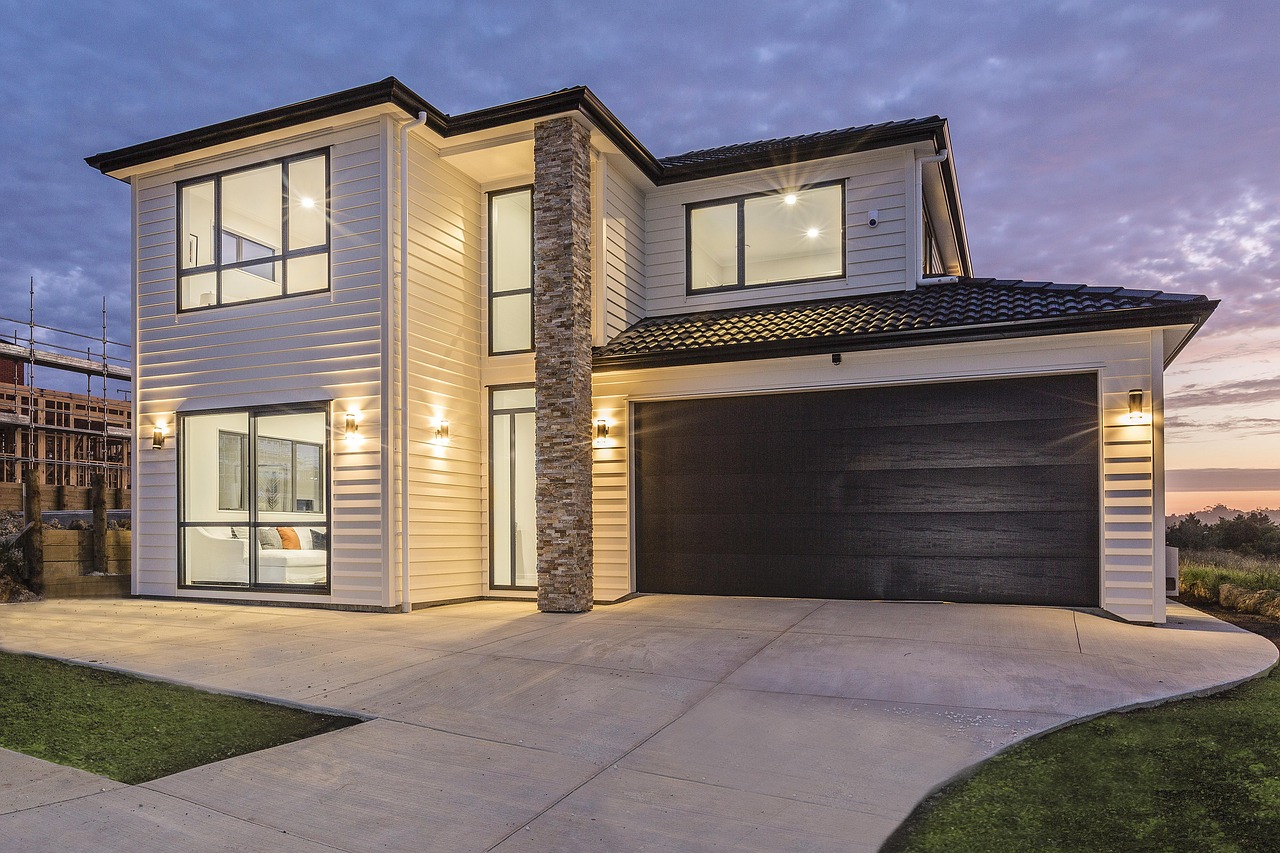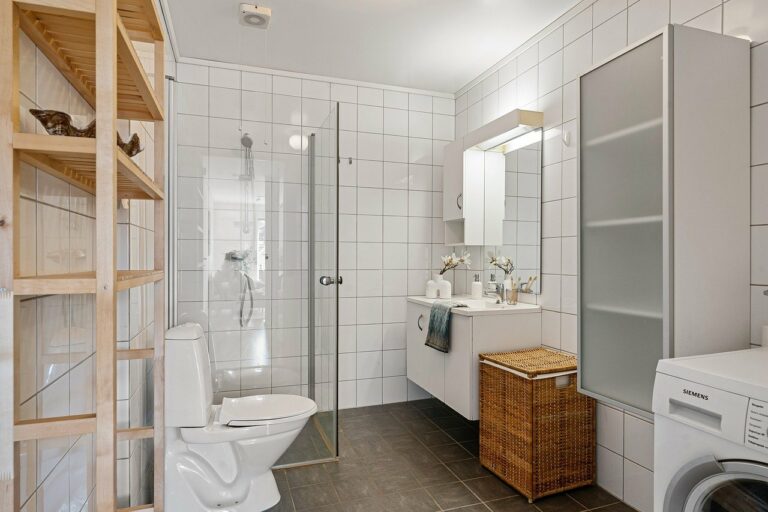Understanding the Importance of Speaker Damping Factor: Lotus365 book, Playexch 99, All panel .com
lotus365 book, playexch 99, all panel .com: Understanding the Importance of Speaker Damping Factor
Have you ever wondered why some speakers sound crisp and clear while others sound muffled or distorted? One important factor that can significantly impact the sound quality of your speakers is the damping factor. In this blog post, we will delve into the concept of speaker damping factor, why it is important, and how it can affect your listening experience.
What is Speaker Damping Factor?
Speaker damping factor is a measure of how well an amplifier can control the movement of a speaker driver. It is calculated by dividing the speaker’s impedance by the output impedance of the amplifier. In simpler terms, it indicates the amplifier’s ability to control the movement of the speaker cone.
Why is Speaker Damping Factor Important?
A high damping factor means that the amplifier can effectively control the movement of the speaker cone, resulting in tighter bass and improved transient response. On the other hand, a low damping factor can lead to loose bass, reduced clarity, and overall poor sound quality.
How Speaker Damping Factor Affects Sound Quality
Speaker damping factor plays a crucial role in determining the overall sound quality of your audio system. Here are some ways in which speaker damping factor can impact your listening experience:
1. Bass Response: A high damping factor ensures tight and controlled bass, while a low damping factor can result in boomy and muddy bass.
2. Transient Response: A high damping factor helps reproduce fast, dynamic passages accurately, providing better detail and clarity in the music.
3. Speaker Control: A high damping factor allows the amplifier to better control the movement of the speaker cone, reducing distortion and improving overall sound accuracy.
4. Soundstage: A higher damping factor can enhance the imaging and soundstage, making the music sound more spacious and lifelike.
5. Speaker Compatibility: Matching the damping factor of the amplifier to the speaker’s impedance can optimize the performance of the audio system and prevent damage to the speakers.
How to Improve Speaker Damping Factor
If you are looking to improve the damping factor of your audio system, there are a few things you can do:
1. Use a High-Quality Amplifier: Investing in a high-quality amplifier with a high damping factor can significantly improve the sound quality of your speakers.
2. Match Amplifier and Speaker Impedance: Matching the impedance of the amplifier to the speaker can help optimize the damping factor and prevent damage to the speakers.
3. Consider Biamping or Triamping: Biamping or triamping your speakers can improve the damping factor by assigning different amplifiers to drive different frequency ranges, providing better control over the speaker drivers.
FAQs
Q: What is a good damping factor for speakers?
A: A damping factor of 50 or higher is generally considered good for most speakers. However, the ideal damping factor can vary depending on the speaker’s impedance and the amplifier’s output impedance.
Q: Can I improve speaker damping factor without buying a new amplifier?
A: Yes, you can improve speaker damping factor by using an external speaker control unit or an impedance matching device. These devices can help optimize the damping factor between the amplifier and the speakers.
Q: What happens if the damping factor is too high?
A: If the damping factor is too high, it can result in overly tight bass and a lack of dynamics in the music. It is essential to find the right balance to achieve the best sound quality.
In conclusion, speaker damping factor plays a crucial role in determining the overall sound quality of your audio system. By understanding the importance of speaker damping factor and its impact on sound quality, you can make informed decisions when choosing amplifiers and speakers for your audio setup. Make sure to consider the damping factor when setting up your audio system to achieve the best possible sound quality.







